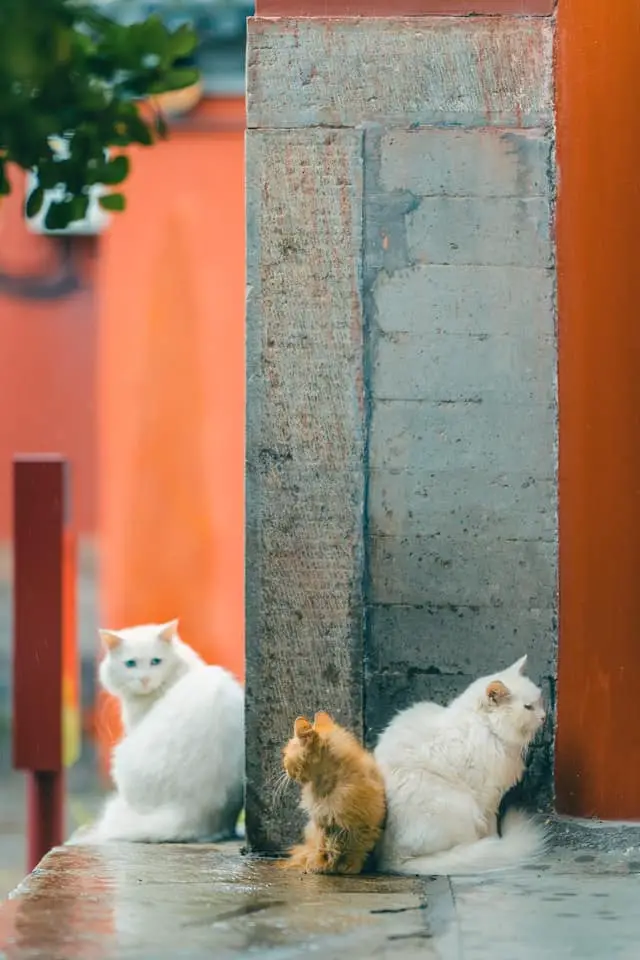
Play is essential for the cat, but if it happens that the cat does not want to play, there may be something wrong as it should: here are the possible causes and solutions.
Does your cat stay still, motionless, staring at you every time you throw a ball at him or do you dangle a toy in front of his eyes? You should really investigate a little deeper and understand why: play is a fundamental activity for domestic cats, as it keeps them active both mentally and physically and it is good that it is never lacking in their lives.
Since they are puppies, kittens love to play and it is around 4/5 months of life that their interest in games reaches a real peak. Once this phase is over, cats tend to divide into two groups: those who love “high energy” games and those a little more sedentary, who prefer to play in a more static way.
However, if your cat does not show any interest in play at all, it is important to investigate why : there may be psycho-physical health problems affecting its behavior.
When the cat does not want to play: causes and solutions

Since play is a fundamental activity for the physical and psychological well-being of a cat, it is important to understand what may be the causes behind its refusal. If the cat does not want to play, the possible reasons must be thoroughly evaluated by observing four fundamental aspects:
1. HEALTH> the cat’s health certainly influences its activity levels. Some diseases related to old age, such as arthritis, can cause the cat to be less interested in playing than before, but more generally, regardless of age, when the cat is sick his desire to play tends to decrease.
2. INSTINCT> the cat’s game imitates hunting, with movements and behaviors triggered by the predatory instinct of the cat. Usually, puppy kittens tend to play completely autonomously while older or older kittens need more direct stimulation from humans.
3. STRESS> Cats are animals that are particularly prone to the stress of change. Stress, in such a habitual animal, also has a heavy impact on its desire to play and more generally on daily activity: if the cat does not want to play, it is likely that it is due to stress.
4. SYMPTOMS> when there are changes in the cat’s habitual behavior it is likely that it is sending an alarm signal: if your cat usually likes to play, but suddenly becomes inactive or lethargic, it is good to talk to your vet right away to find out if there are ongoing health problems or if the cat just needs more stimulation.
Encouraging the cat to play: possible solutions
Let’s start by saying right away that an adult cat has in a certain sense overcome the phase of “game frenzy” that the kitten lives instead. There are some cats that need to be stimulated to play, with the help of the right toys:
– Catnip toys might be a good idea, although keep in mind that not all cats react to catnip : about a third of cats have no interest in catnip. You can try a fresh catnip leaf and offer it to the cat to see how it reacts.
– The best cat toys are those that move to attract the cat’s attention: feathers, cords, threads with small objects attached are a great classic that cats of all ages usually appreciate.
– Never neglect your role in awakening the curiosity of a cat that does not want to play: try to show it a feather or another toy with thread and then pull it slowly towards you, hiding it under a pillow or elsewhere. Cat will go mad with joy as he tries to chase him and grab him before he disappears from his sight!






